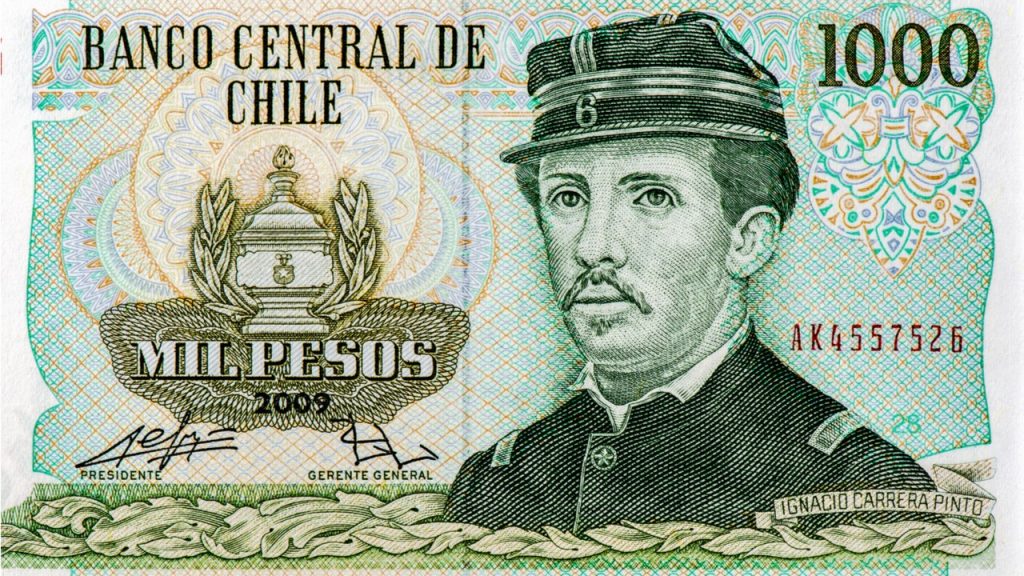US Treasury Secretary Janet Yellen says she has not decided whether the Fed should issue a central bank digital currency (CBDC). “There are some benefits” to a digital dollar, Yellen said, but noted that “there are also significant costs.”
Janet Yellen hasn’t decided whether the Fed should develop a digital dollar
Treasury Secretary Janet Yellen said Thursday during an interview at the Reuters Next conference that no opinion has been formed on whether the Federal Reserve should create a digital dollar.
She explained that the decision would require a broad consensus between Congress, the central bank and the White House. The Secretary of the Treasury believes that more study is needed on the advantages and disadvantages of having a central bank digital currency (CBDC) in the US, including its effects on the banking system. Yellen opined:
I see pros and cons in doing this. And my own opinion is not based on that.
According to the Atlantic Council’s Center for Geoeconomics, 87 countries (representing more than 90% of global GDP) are exploring a CBDC.
Federal Reserve Governor Lael Brainard has urged the Fed to urgently develop a digital dollar. She said in July that she cannot understand why the United States is not actively developing a digital currency for the central bank when China and other countries are. Brainard is President Joe Biden’s nominee for the position of Vice Chairman of the Federal Reserve.
Yellen, who was the 15th chairman of the Federal Reserve from 2014 to 2018, said the US central bank is expected to release a report detailing his work on a CBDC soon. She added that the Fed understands that consensus is needed to proceed.
However, the Treasury secretary said the question of whether the Fed should develop a digital currency for the central bank was not discussed “seriously” at the White House, explaining:
This is an important decision and needs consensus. There are some benefits, but also significant costs ... It can work to disintermediate the banking system. And, you know, we have to figure out the pros and cons. I still don't have a view.
Several Federal Reserve governors fail to see the benefits of the Fed issuing a digital dollar, including Governors Michelle Bowman, Randal Quarles and Christopher Waller. “I remain skeptical that a Federal Reserve CBDC would solve the significant problems facing the US payments system,” Waller said recently.
In September, Federal Reserve Chairman Jerome Powell shared an update on the progress of the digital dollar study. He insisted that the Fed is not behind other countries in the central bank’s digital currency (CBDC).
